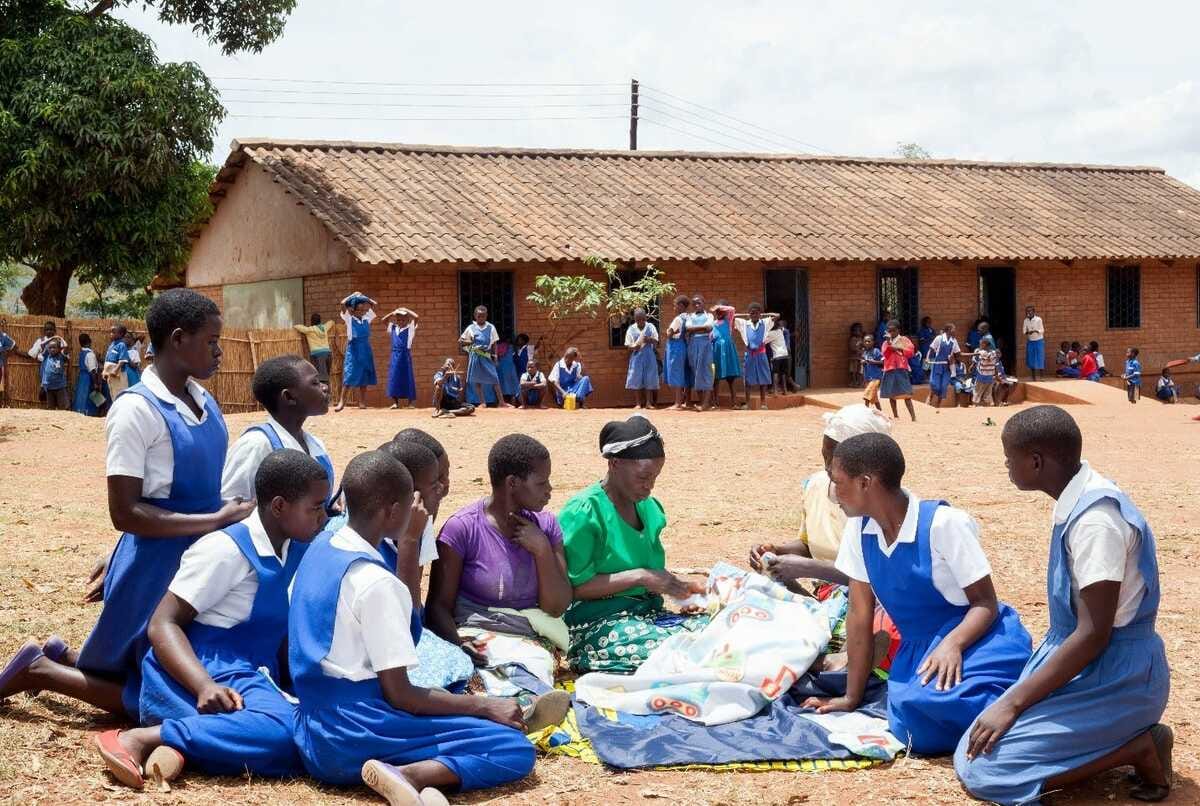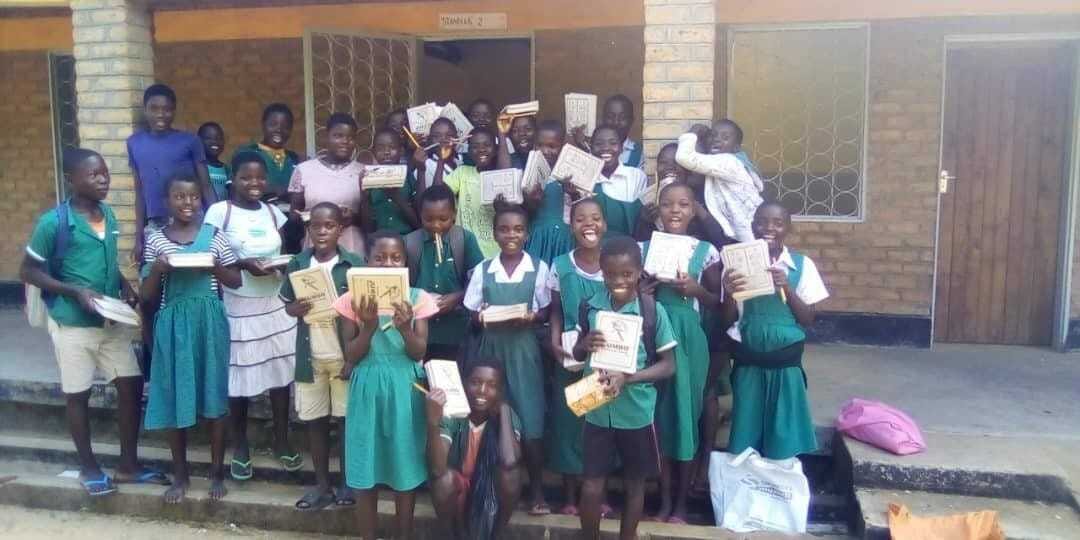
Malawi: Every year in Malawi, girls drop out of school due to poverty, early pregnancies, child marriage, and household responsibilities. Girls living in poor, rural areas are especially vulnerable to these challenges, writes Naome Chisala.
In response, the Anglican Council in Malawi (ACM) has implemented various programs to help these girls complete their education.
According to a 2019 report by the United Nations Children's Fund (UNICEF), only 13% of girls in Malawi complete their primary and secondary education, and for poor girls, this figure is as low as 2%.
The ACM's programs aim to improve these statistics through funding from the Malawian government, the Merck Foundation, the United Society Partners in the Gospel, and other church partners.
These programs provide skills training, farm inputs, school uniforms, sanitary pads, learning materials, and education about the benefits of girls' education.
As a result of ACM's programs, the school enrollment of girls has increased by 60%.
Despite these successes, ACM also faces challenges, including outdated cultural norms that often prioritize boys' education over girls' and insufficient funding, which limits the number of girls who can be reached.
In addition, during the rainy season, it can be difficult to access these remote areas due to bad weather.
One of the beneficiaries of the ACM's programs is 15-year-old Sarah from the Msomba community in Nkhata Bay.

Sarah has received skills training, school uniforms, and learning materials, as well as support for her family in the form of farm inputs.
Overall, the ACM's program on girls' education shows that it is possible to help girls complete their education and improve their lives by addressing the root causes of why girls leave school, changing outdated cultural norms, and economically empowering poor communities.